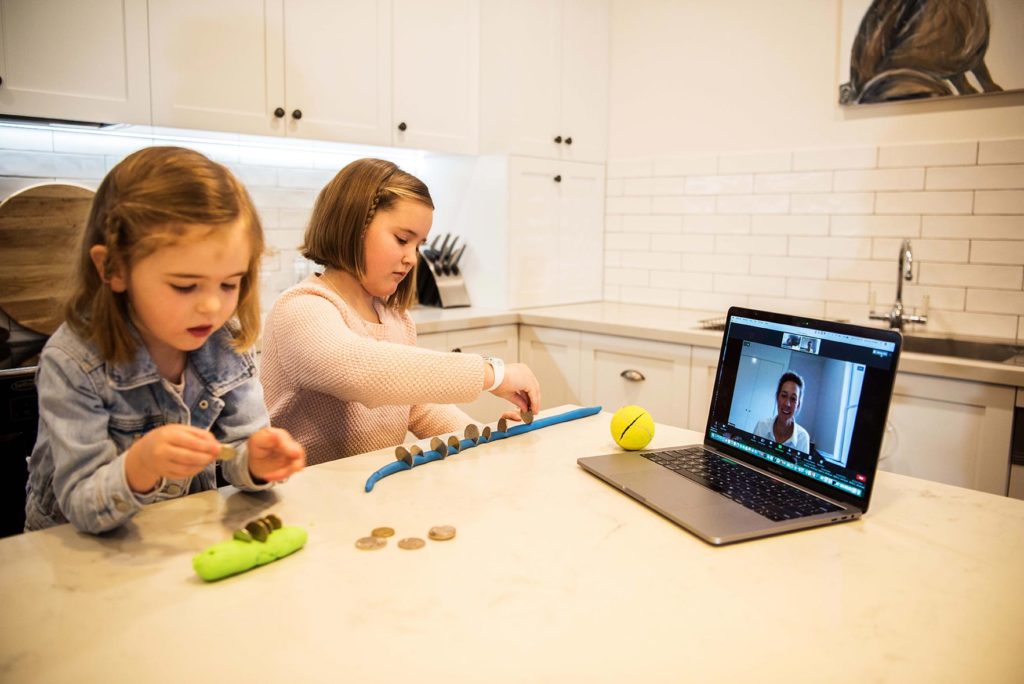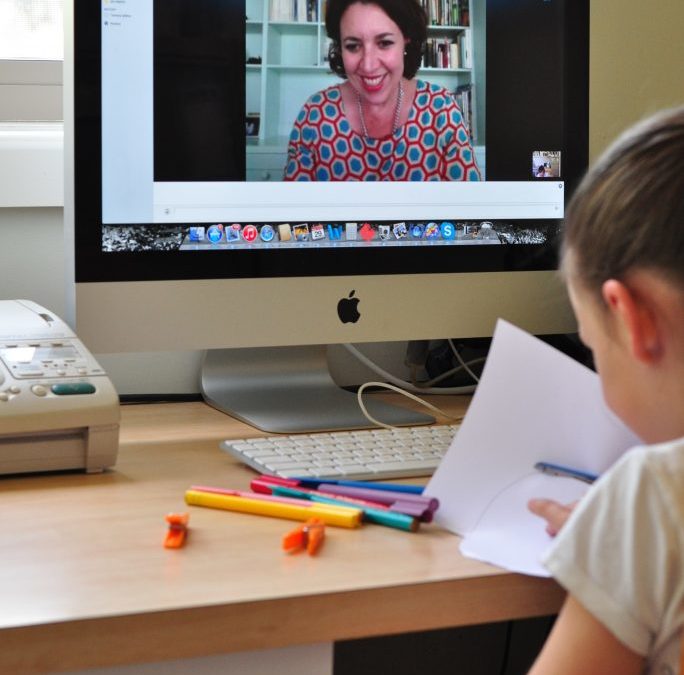Occupational Therapy is a client-centred health profession that supports people across their lifetime to live an active and fulfilled life through daily therapeutic activities that improve mobility, sensory processing and cognition.
Occupational therapists work with people of all ages, enabling them to live fully at work, school, home or recreationally. They support clients to rehabilitate, recover and thrive through injury, illnesses, and disabilities.
In this article, we’ll you through everything you need to know about occupational therapy.
Occupational Therapy Takes a Holistic Approach
OT practitioners approach treatment holistically, focusing on adapting the environment or task to match the person. Therapy is practitioner-client based, requiring collaboration and engagement to achieve outcomes. Occupational therapy practices can include an analysis of the person’s home and environment as a whole, including their occupation, schooling or recreational activities. Their analysis can consist of recommendations for equipment or training to help their environment adapt to their needs and support the client to thrive in any area of life.
Types of Occupational Therapy
Some common OT interventions aid children with disabilities to fully engage in social and school situations. They also help people with injuries recover and regain their skills and provide older adults experiencing cognitive and physical changes with the support they need at work or home.
Occupational therapy services typically include:
- an individual evaluation, where the client/family and occupational therapist determine the client’s goals
- customised intervention which improves the person’s ability to do daily activities and meet the goals
- an outcome evaluation to make sure the goals are met and make alterations to the intervention plan
How Occupational Therapy Can Help You With Daily Living
The main objective of occupational therapy is to make long-term changes in a client’s life. By supporting the client through treatment, the clients empower themselves to take an active part in their everyday activities, focusing on holistic engagement (work, school, home and recreation) and functionality.
Therapy addresses more than physical challenges; many occupational therapists work with mental health illnesses and disorders. For children experiencing social anxiety, It could involve learning to play with friends. An OT might work with a child to overcome these barriers and develop strategies to engage with peers fully.
For an adult who has insomnia, their lack of sleep may impact their work performance. OTs create holistic treatment plans that address health issues in one aspect of life (home/sleep) that affect their functionality and performance in another (work/life).
Occupational therapy enables people to live a full life and supports them in completing everyday tasks, not just those associated with injury, illness or disorders. Therapy enables people to participate in meaningful daily activities, also known as activities of daily living (ADLs), that support clients to live functionally and autonomously.
Complete List of Occupational Therapy ADLs
Here is a list of ADLs OTs use when assessing client’s needs:
- Bathing and Showering
- Eating and Swallowing
- Toileting and Toilet Hygiene
- Personal Device Care
- Dressing
- Feeding | Functional Mobility
- Personal Hygiene and Grooming
- Sexual Activity
- Care of Others
- Care of Pets
- Child Rearing
- Financial Management
- Communication Management
- Driving and Community Mobility
- Health Management and Maintenance
- Home Establishment and Maintenance
- Shopping
- Meal Preparation and Clean Up
- Religious and Spiritual Activities and Expressions
- Safety Procedures and Emergency Responses
- Rest and Sleep
- Education
- Work
- Play
- Leisure
- Hobbies
- Social Participation
Occupational Therapy Treatment
Treatments focus on combining physical, emotional, and cognitive interventions. Therapists consider your environment and whether or not they should modify it or can make improvements through equipment or training. Medicare has its own set of vocabulary for these treatments.
Here are some of the terms used in the Occupational Therapy treatment plans and billing:
- Assistive Technology Assessments
- Debridement of Wounds
- Brief Emotional/Behavioural Assessments
- Manual Therapy Techniques
- Community/Work Reintegration Training
- Development of Cognitive Skills
- Development Screening
- Therapeutic Activities
- Neuromuscular Re-Education
- Self-Care/Home Management Training
- Sensory Integrative Techniques
- Wheelchair Management
Specialisations in Occupational Therapy
Occupational therapists work in a vast area of allied health, and as such, many will obtain additional certification to specialise in:
- Assistive Technology
- Brain Injury
- Seating and Mobility
- Aging in Place
- Autism
- Hand Therapy
- Hippotherapy
- Lymphedema
- Driver Rehabilitation
- Stroke Rehabilitation
- Low Vision Therapy
- Sensory Integration
Life After Occupational Therapy
An OT is successful when you no longer need the support of a skilled therapist to make progress, but the strategies and skills gained through therapy will continue to be an essential part of your health and wellbeing. Occupational Therapists take clients’ long-term health into consideration, creating education and resources that may assist in clients’ enjoying and functioning in the activities of everyday life long after therapy.
Getting Started with Occupational Therapy
When you start treatment with an occupational therapist, they will begin with an evaluation. They’ll collect information on your health, history, and limited activities. They then work with you to develop a plan that addresses your goals, taking into account physical, psychological, social, and environmental needs.
Your plan consists of short-term and long-term goals and your therapist’s treatment techniques to help you achieve your goals.
Whether you want to increase your independence, improve mobility, become more connected with your community or address a particular health concern – Therapy Connect designs programs that are as unique as your goals.
Therapy Connect delivers all OT services through an innovative online therapy platform – which means you can access the best OTs in Australia from the safety and convenience of your own home, and our OT services are 100% funded by the NDIS. Therapy Connect meets you where you are – and brings Australia’s leading OTs direct to you. Speak to our team today!




